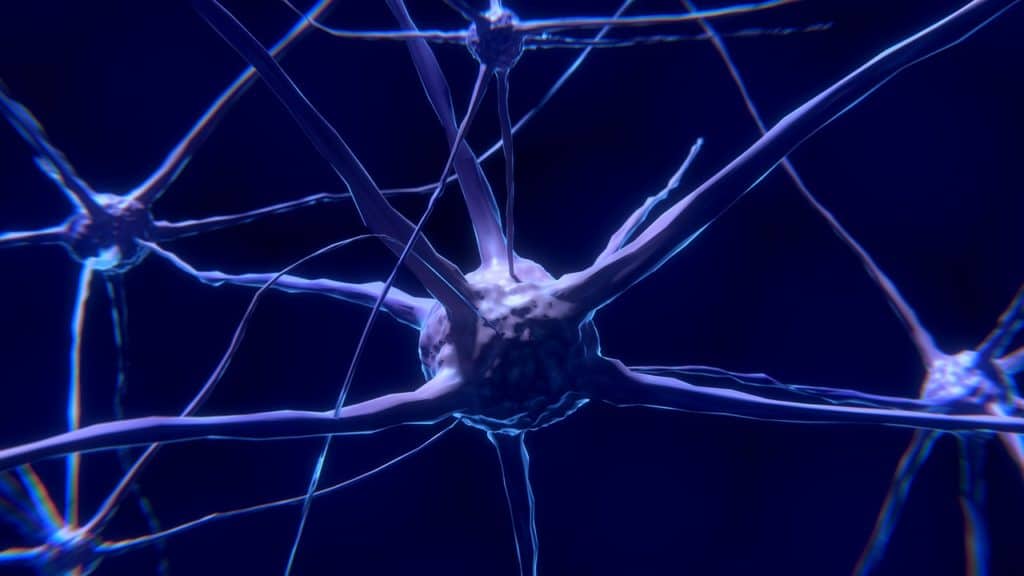
A few weeks ago, my brother and I heard a radio interview of a couple talking about their two sons who could drive – and neither son had arms. To our further astonishment, they mentioned their sons’ driving instructor also had no arms. Oh, and she was a pilot as well.
How is the human brain so adaptable that feet and legs can be trained to perform the tasks of hands and arms? For generations, this was a mystery. Then came computed tomography. With the advent of Single Photon Emission Computed Tomography (SPECT) scans the long-locked secrets of the brain are now being decoded through a pioneering field called neuroscience. What science once considered an unalterable organ is actually in a constant state of programming and reprogramming by our daily choices and habits.
Three thousand years ago, King David declared, “I am fearfully and wonderfully made” (Psalms 139:14). Evidence from neuroscience – especially what SPECT scans are unveiling should cause us both wonder and fear. Wonder in the unfathomable complexity of our brains and healthy fear for the great responsibility we hold in molding them for God’s glory -Wonderfully Made!
So how does the brain accomplish feats such as memorizing the New Testament, playing Lizst’s Hungarian Rhapsody, or steering a car with our feet? Neuroscientists say it is all in the formation and repetition of routes called neural pathways.
“Our brains’ form neural pathways in a way that is similar to the formation of a well-traveled hiking trail. The more we travel a path, the faster, easier, and more familiar that path becomes. As we travel it more and more, it becomes wider, smoother, and easier to travel. It becomes a preferred route. The same is true of neural pathways. Over time, the brain forms familiar neural pathways that become habitual routes. If a familiar route is blocked, the brain eventually forges a new route.”1
Neural pathways can also be described as communication channels. And how this communication takes place is indeed marvelous. The communication cell – called a neuron – is tiny, yet complex in its design. It has been estimated there are over 100 billion neurons in the human brain. Each neuron has a two-part communication system. If the neuron were a cell phone the dendrite would be the earpiece and the axon would be the mouthpiece. And when neurons communicate with each other it is like taking a potential 100 billion cells phones with each mouthpiece speaking into the earpiece behind it. We are truly fearfully made!
Our understanding of neurogenesis is increasing and shows how our daily choices mold the brain. Our brains are literally being built by our thoughts, choices, patterns, and habits. Which explains why the content we fill our minds with has a direct link to how we feel. Knowledge of the damaging effects of destructive behavior such as drug usage and pornography is becoming more widely known. But even conditions like chronic depression are now being shown to shrink the hippocampus, an area of the brain responsible for memory formation and emotions associated with our memories.
On the positive side, choosing what is good and wholesome highly affects our brains, as many studies on gratitude have demonstrated. Healthy and even “feel good” neurotransmitters wash over the brain, forming new neural pathways with each expression of thankfulness.
God’s word repeatedly commands us to think on what is true, pure, lovely, treating the members of our body as His holy temple. Should it surprise us when neuroscience catches up with what He told us thousands of years ago? Our loving God gifted us with a brain of incredible design and then gave us instructions on how to use it for our benefit and His praise.
1“Addiction Changes The Brains Communication Pathways” MentalHealth.net, American Addiction Centers, Inc. Accessed January 15,
2019, https://www.mentalhelp.net/articles/addiction-changes-the-brain-s-communication-pathways/
